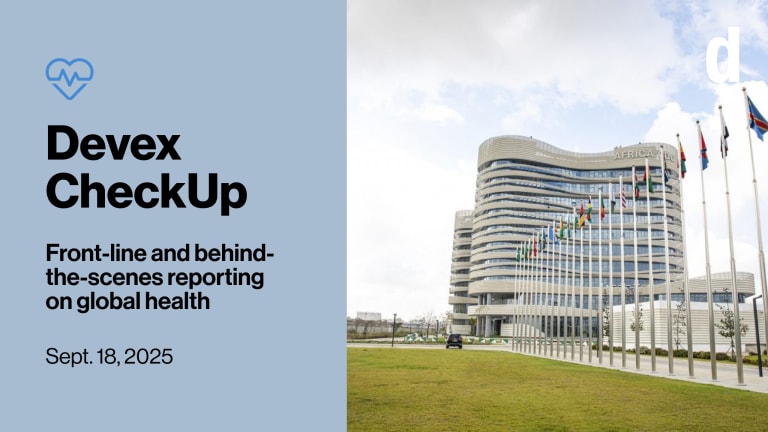The African Union executive council approved the revised statute of the Africa Centres for Disease Control and Prevention — making official its transformation from a specialized technical institution of the AU to an autonomous public health agency, giving it more independence and making it more flexible in responding to health emergencies.
Devex reported in June that the World Health Organization’s regional office for Africa objected to part of these revisions, including empowering Africa CDC to declare and coordinate health emergencies, advocating instead for further discussions, as this would overlap with functions WHO already performs. WHO had briefed many government representatives across the continent on this position.
While the final documents on Africa CDC’s revised statutes have not yet been released, a spokesperson from Africa CDC told Devex the revised statute includes the agency’s ability to declare and coordinate health emergencies.
This story is forDevex Promembers
Unlock this story now with a 15-day free trial of Devex Pro.
With a Devex Pro subscription you'll get access to deeper analysis and exclusive insights from our reporters and analysts.
Start my free trialRequest a group subscription







